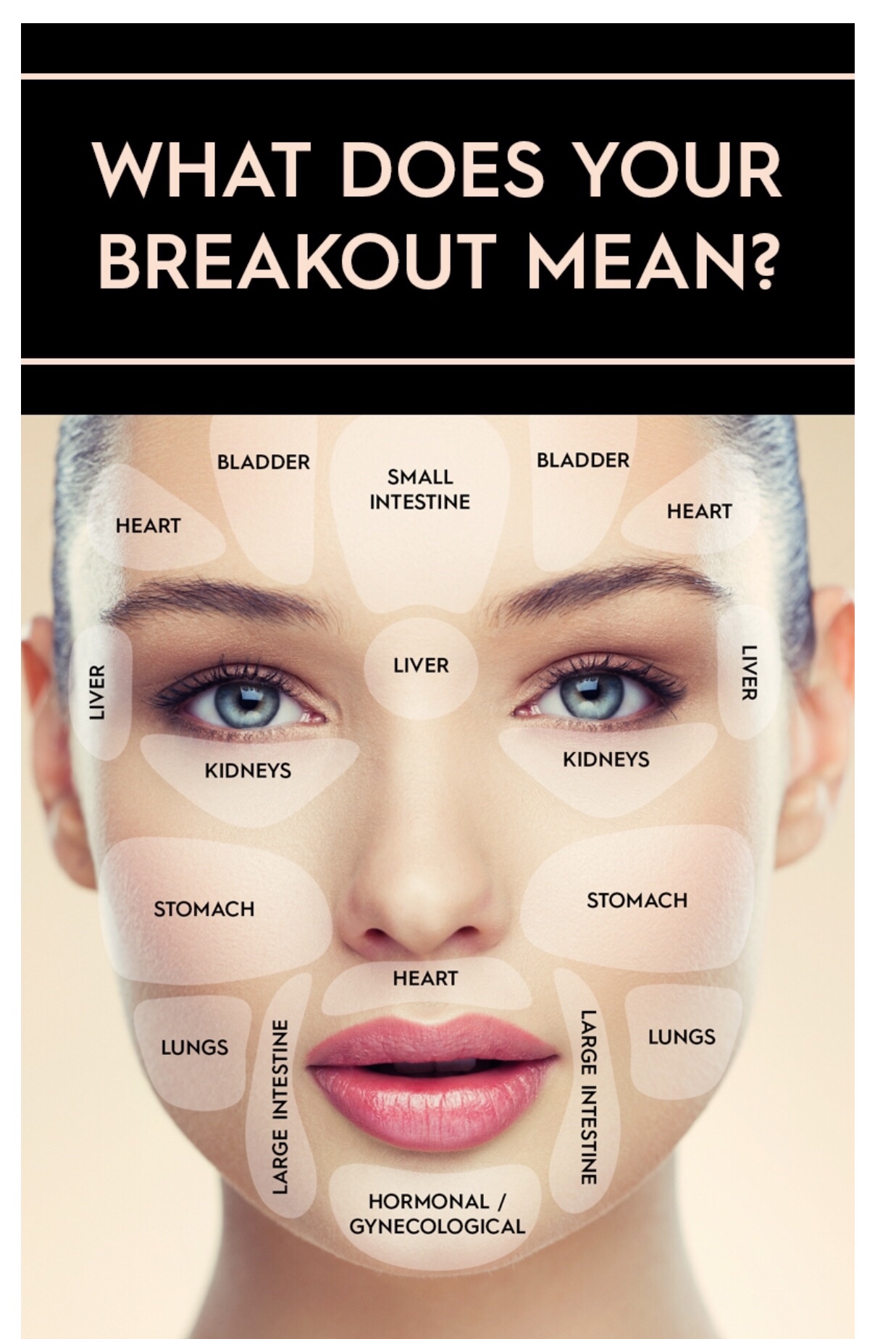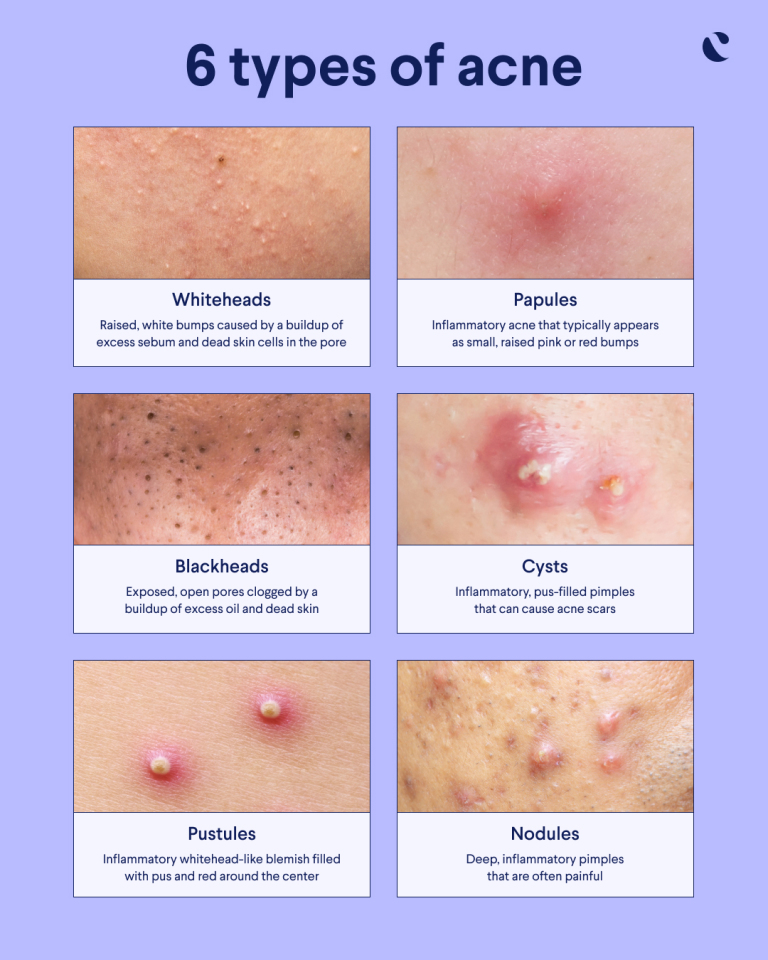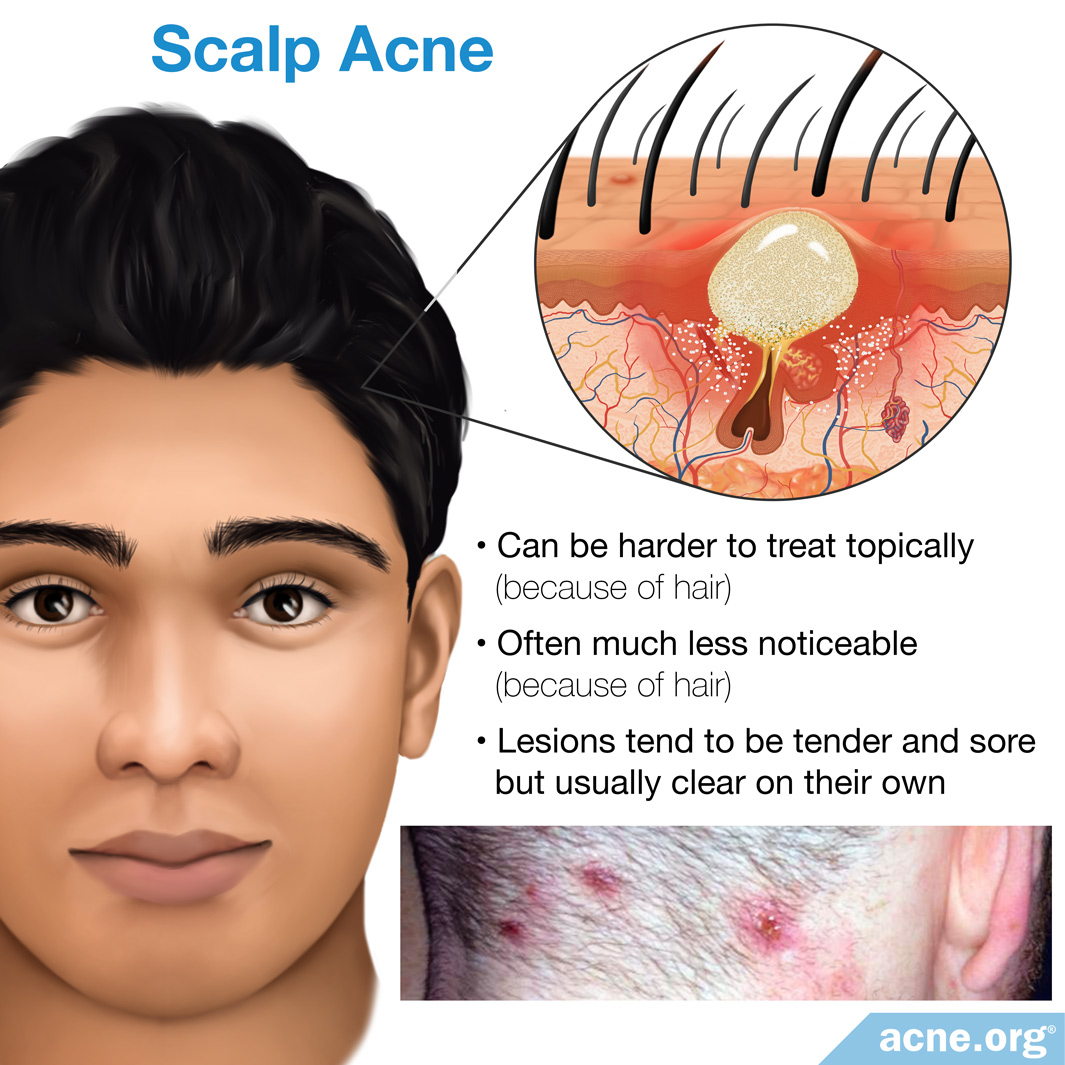Looking Good Tips About How To Treat Painful Acne
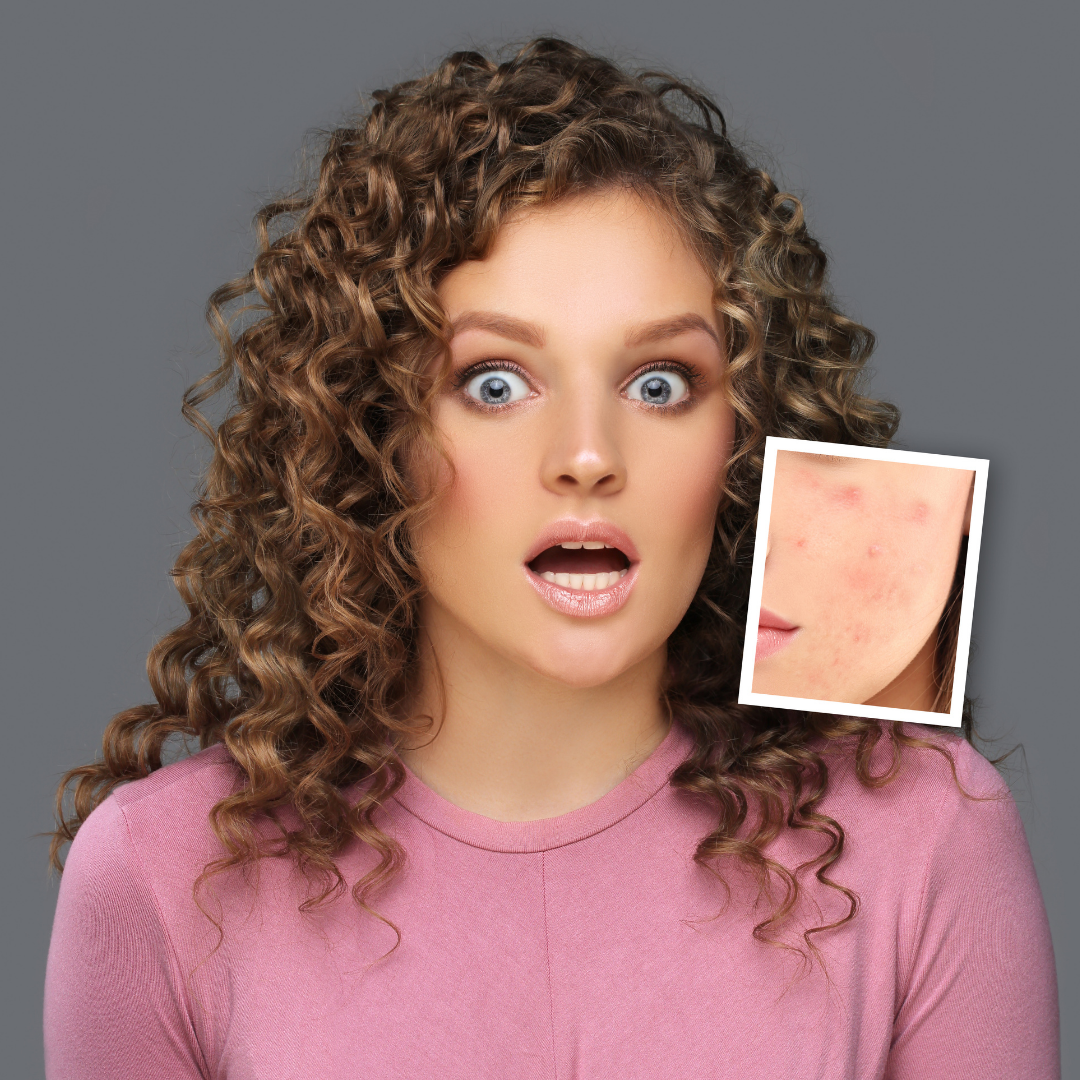
While you shouldn’t try to pop any type of acne lesion, this is especially important for inflamed acne.
How to treat painful acne. Helps to open up an acne cyst and drain the pus. Cystic acne, like any other type of acne. Acne may be a side effect of several types of medication, according to older 2013 research.
Overview what is acne? These work by killing excess skin bacteria and reducing redness and inflammation. If you have oily hair, shampoo more often than you do now and keep your hair away from your face.
Taking an antibiotic can reduce the redness and swelling of acne. Dermatologist tips,” a video posted to the aad website and youtube channel. Overview what is nodular acne?
The oil from your hair can cause acne on your forehead. Menopause polycystic ovary syndrome certain medications some skin products clothing that’s too tight high humidity or sweating despite what you might have heard, these things don’t cause acne:. These bumps usually don’t have a whitehead or blackhead at the center.
With true cystic acne, the inflammation is quite out of control.” why you shouldn’t try to treat cystic acne on your own Antibiotic + medicine you apply to the acne: Be sure to wash your skin before.
Hormonal acne is when breakouts form in adulthood that could range from blackheads and whiteheads to painful cysts. Hyperpigmentation can affect people of any race or ethnicity. When a patient has severe acne, a dermatologist often recommends treating it with one of the following.
Effective acne treatments are available, but acne can be persistent. Give your treatment time to work. Apply a small amount to the affected area and leave on overnight.
Doctors may treat inflamed acne with one or more of the following: Antibiotic pills, creams, gels, or lotions, which can help kill acne bacteria and calm inflammation A person should see a dermatologist if they have cysts, nodules, and deep, painful acne.
Trying new acne treatments too often can irritate your skin and cause breakouts. It causes hard lumps or knots (nodules) to develop deep under your skin. The nodules can last for weeks or even months.
Wash before treating acne isn’t a personal hygiene problem caused by dirty skin. For the first few months of treatment, you may use both a retinoid and an antibiotic, with the antibiotic applied in the morning and the retinoid in the evening. Hormonal acne is linked to the overproduction of sebum (an oily substance in skin glands), which clogs pores, leading to pimples.
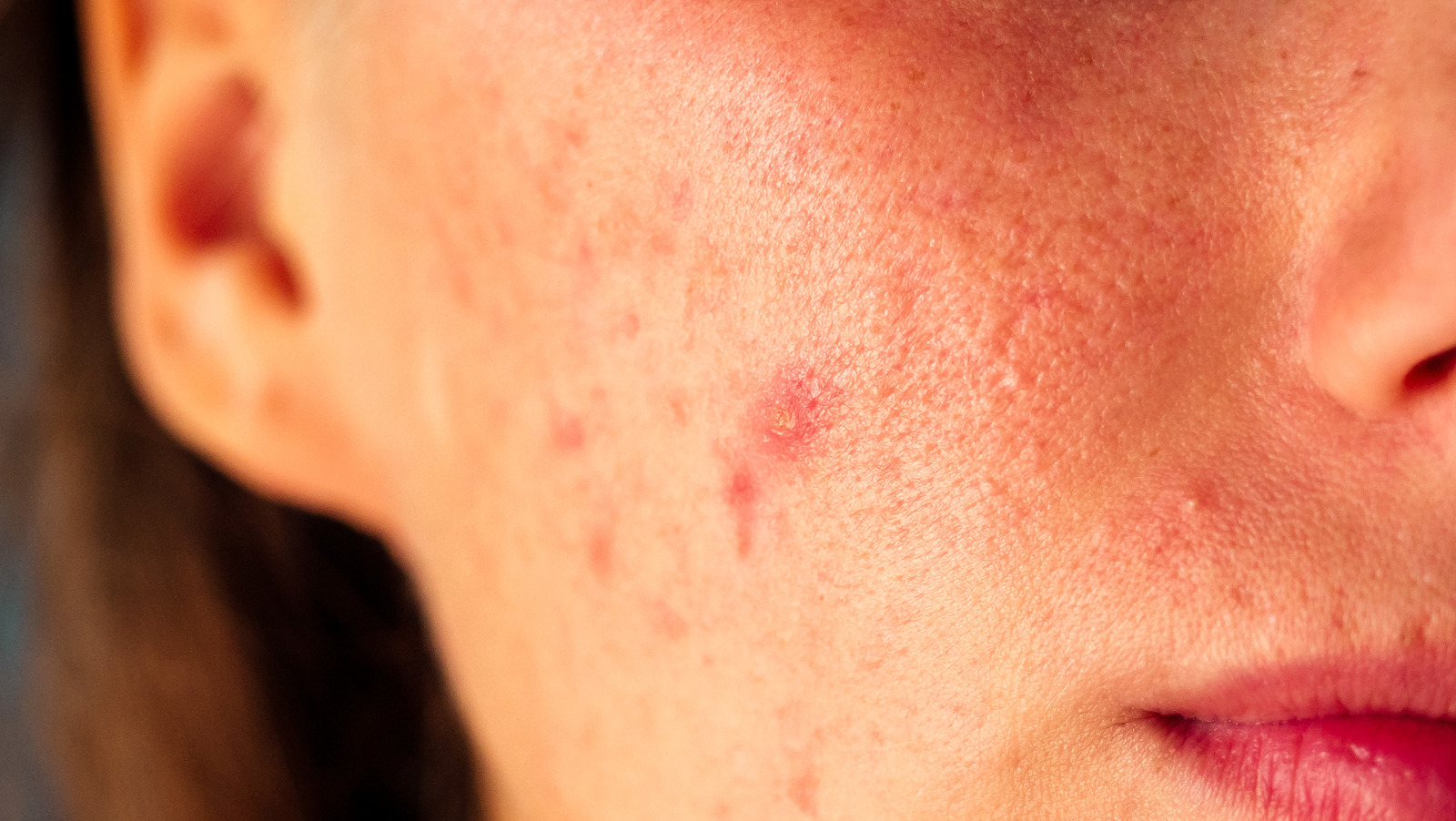


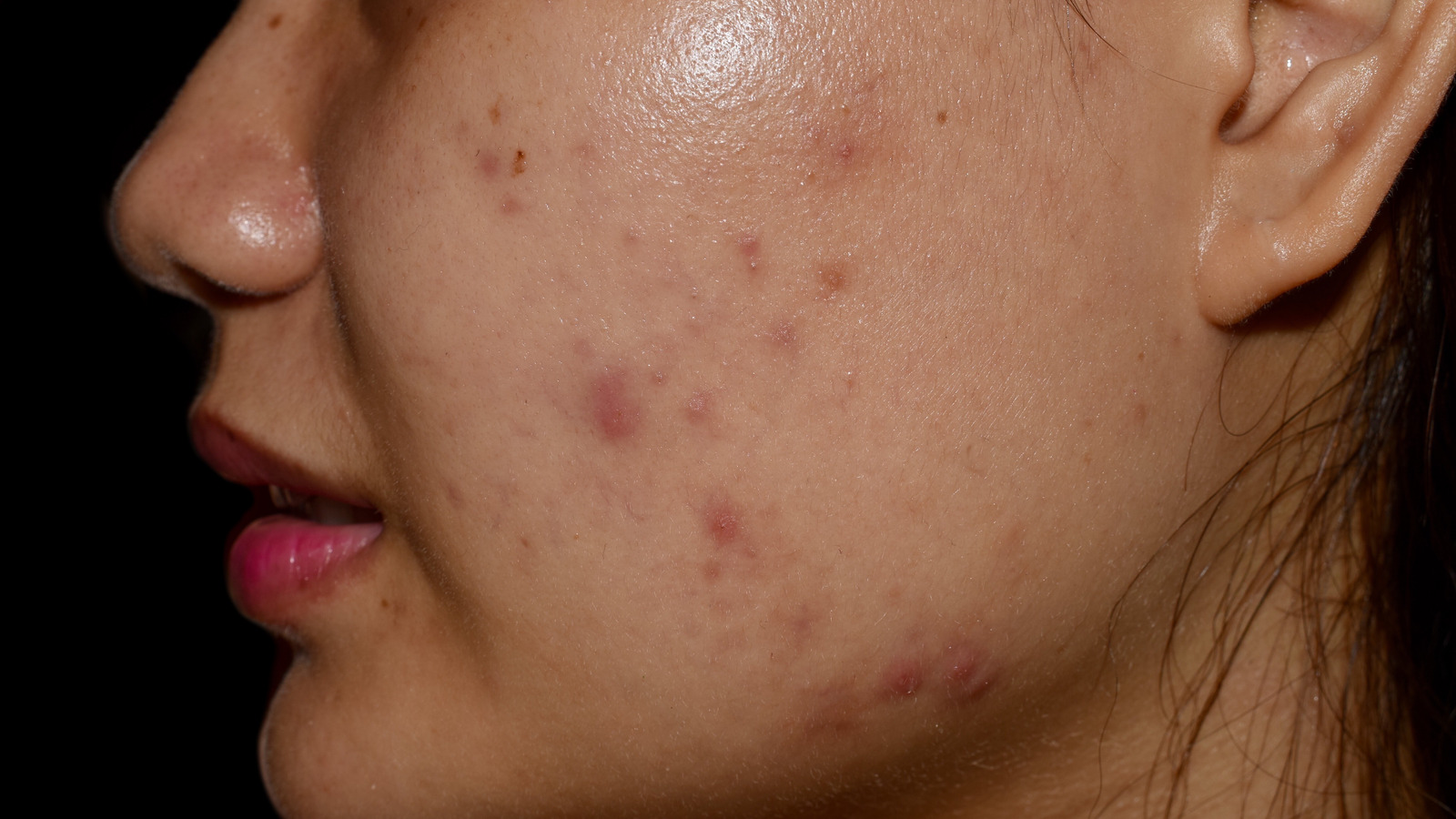



:max_bytes(150000):strip_icc()/home-remedies-for-cystic-acne_final1-0aadbd36c0304b9d9565446dc1ae6693.png)
